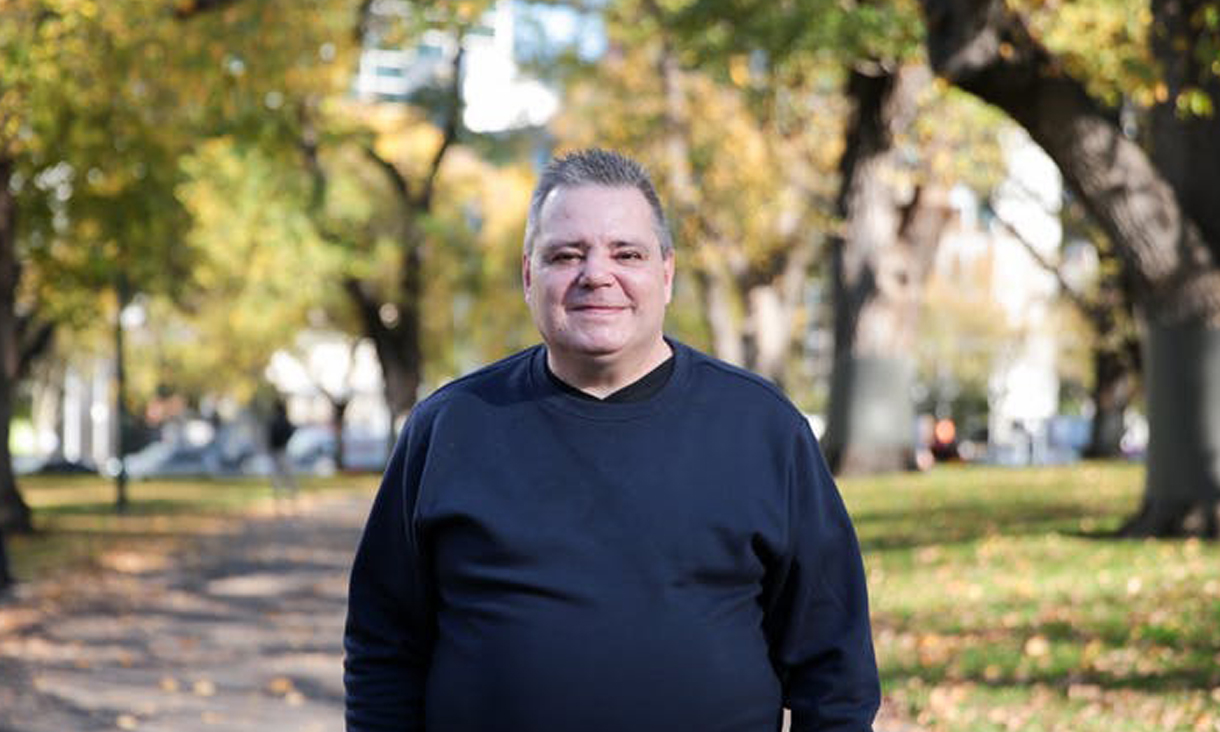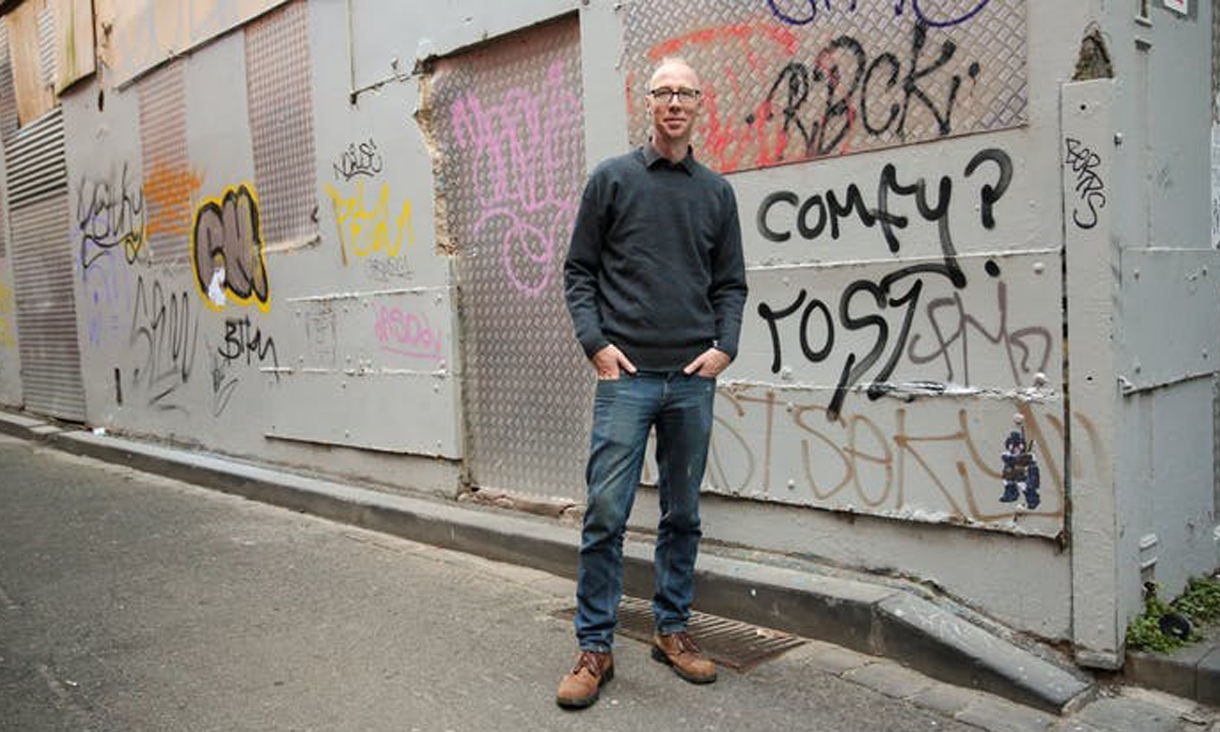2. Improve support from hospital with appropriate housing
During the transition away from hospital after a mental health episode, people should be supported with appropriate housing.
It’s common for adults experiencing homelessness and mental illness to be hospitalised and then discharged without a safe place to live, such as the hundreds of Victorians who left mental healthcare and landed into a form of homelessness.
What’s more, American research from 2013 into intermediate care for people experiencing homelessness showed that medical respite programs reduce future hospital admissions, inpatient days, and hospital readmissions. They also result in improved housing outcomes.
Medical respite programs provide a supportive, home-like environment and services to people who are at risk of or experiencing homelessness, such as The Sister Francesca Healy Cottage (The Cottage) in Melbourne. Sadly in Australia, such important services are in short supply.
3. Provide permanent supportive housing
Currently, people’s housing needs are “invisible” to the mental health system and there’s a presumption that patients are adequately housed.
So it’s important to boost the number of permanent supportive housing for people experiencing episodes of mental illness, and who are also heavy users of health and criminal justice services, crisis-related homelessness services and emergency housing services.
It also makes financial sense for the Victorian government to evaluate the need for permanent supportive housing.
This was recently shown by the Brisbane Common Ground initiative. They found that each year, governments can save more than A$13,000 per person if the chronically homeless had access to secure, long term housing and relevant support services.
Launch Housing provides a Common Ground service in Melbourne, but it warrants expansion, as promised by Lord Mayor Sally Capp in 2018.
The Royal Commission has the opportunity to recognise the research evidence showing homelessness and poor mental health outcomes are connected, and to recommend to the state government solutions that are known to work.
Such recognition will provide the Victorian state government with policies to make housing a feature of a reformed mental health system.
Without a place to live it’s nearly impossible to take care of your mental health needs.









